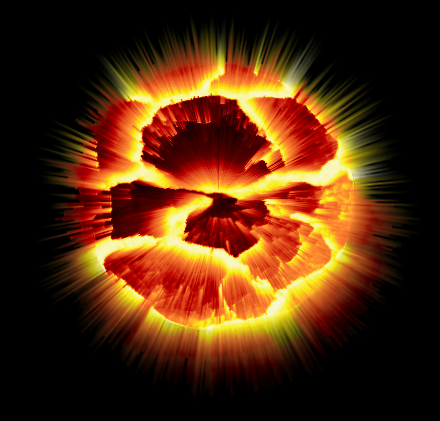WARNING: Prepare for a long, rambly post on writing that doesn’t really have a point but to wring out recent writing experiences from my saturated brainmeats.
Building worlds is a job that once fell firmly in the laps of beings like Brahma, Mbombo, Ranginui and Papatuanuku, or even planetary deities, like that scene in Firefly where Saffron explains to Wash the myth of Earth that Was, i.e., the gods and goddesses of the myriad different creator myths of the world. In truth, myths are nothing but best-selling stories with a very long shelf life, right? (So, by extension, since writers are world builders, does that make us gods? Just curious…)
Thanks to their highly active imaginations and the luck of being born or indoctrinated into priest class cultural roles, the original storytellers who dreamt up these fantastical and entertaining origination myths were pretty much free to think big and go long. Granted, the lighting was poorer in those days, which made penning intricate tales late into the night a sure recipe for myopia, and a general lack of hygiene predating written books would have made the oral tradition of storytelling a bit less enjoyable to listeners, but storytellers, being a tenacious and overly wordy bunch, would rarely let much short of death stop them. One thing that is universally true of word nerds is that we all suffer from the same incurable verbarianism.
Yet I can’t help but reflect on the experiences of these storytellers and wonder if they confronted the same issue that I am currently butting my head against. That of building, or creating the myth of, a new world and keeping the facts straight in the process. Nothing sucks more during the writing phase as plunging facefirst into the pestilent seas of incongruences and misremembered facts, where details begin to slither around each other and create a soul-sucking quagmire of internal inconsistencies. We all know that feeling of writing happily along and then BAM! Stopped dead in our tracks when we discover “If this is this way, then that can’t be that way, because, well, physics for one, and…" Rewriting before one is even halfway through takes a lot of the fun out of noveling. It's like turning back after mile 13 of a marathon because you aren't happy with your split times. I think the lesson from most great novelists would be: Don't do that.
Early myth makers had a luxury that those of us who publish books in modern times, which can't be recollected from our readers (and wiped from their memories), didn’t, and that was the ability to change the facts of their stories on the fly when someone pointed out a contradiction. Or, as happens so often in long-lived mythologies, the facts are left to remain contradictory, but the story is shored up by minions of supporters fabricating inarguable arguments like “We must have faith. God works in mysterious ways,” which are supposed to somehow imply that there is no inconsistency, it is simply that our limited human mental and spiritual capacities can’t possibly grok the real truth.
But again, that is a luxury the modern storyteller doesn’t have, and won’t have until we too reach the level of transcendentalism that codifies us as deities in our own right. Walter F. Miller’s 1960 novel A Canticle for Leibowitz explores this theme in a sublime way. Not so much the deification of your average human, but the way in which something relatively inconsequential can become a holy relic through the passage of time because of nothing more than the simple and limited ability of humanity to sustain specific comprehension over epochs. If you haven't read it, the time is now. But I digress.
Early myth makers and their creation stories in a way are a parable for the modern storyteller and our job of creating self-sustaining and internally consistent worlds. Where they’ve had centuries to “get it right,” or at least for fans of their stories to redefine and rewrite problematic points, we, as write-publish-repeat storytellers, only get one shot. It’s a big job to create a workable and believable world, and we don’t even get the satisfaction of knowing someone somewhere may erect a giant statue or church in honor of our books and characters. We are so unloved.
Still, we persevere, because getting it right is more important than getting it done. Right? Right? Which makes it seem as if weare overly analytical, anal retentive organization junkies, and also not really committed to finishing our WIP. But that’s a balance each of us must strike on our own, the balance of knowing when it’s time to stop outlining and noodling to ourselves over various aspects of the work, and when it’s time to start doing the actual writing.
I know I used to shy away from writing even a single scene for fear that it would end up having no place in the final plot. But that’s a baseless fear. Any writing, good or bad, is meaningful writing because you are training your brain for whatever specific story you’re working on, allowing a cerebral exploration just as effective and important as the pre-writing preparation you’ve already spent however many days, weeks, or possibly years, doing. The real danger is not in having to rewrite, but in not having ever reached that point where you start writing. If all one ever does is ponder their stories, it’s just mental masturbation with very little satisfaction.
Maybe I’ll take all those scenes from all those books I’ve written and have had to cut, smush them together into something like an apocrypha, entomb them in a time capsule with a bunch of pretty baubles and important-looking documents, and leave them for the future. Who knows, someday even they could become the genesis of some new myth-based spiritual woo-woo sect, though I really feel for anyone who might get caught up in it. That would be some disturbingly crazy shit. I guess the lesson here, and the thing I’ve been talking myself into, is don’t let yourself get caught too much up in the endless intricacies of worldbuilding before you start writing (unless your name starts with a J and ends with Tolkien). Both are essential to a cohesive and finished novel, but giving yourself the indulgence of doing both simultaneously will get you from masturbation to publication faster than not. What do you all think?
Incidentally, some of my favorite novels that explore myths of creation and deities include Terry Pratchett’s Small Gods, Marion Zimmer Bradley’s The Mists of Avalon, Neil Gaiman’s Anansi Boys, and K. Scott Lewis’s When Dragons Die series.

